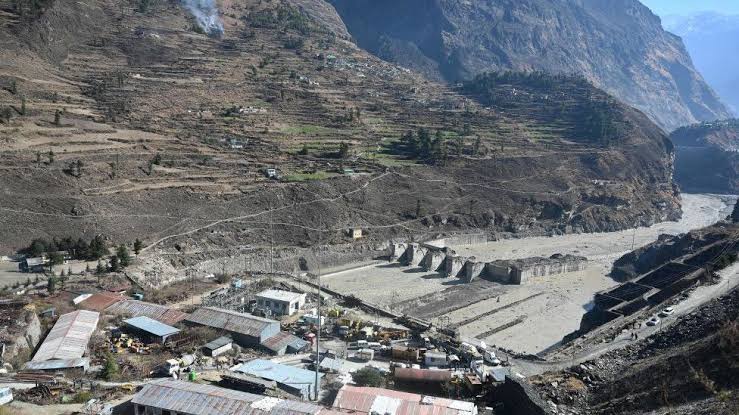
On this day in #1971, President Yahya Khan ordered the Operation Search Light in #EastPakistan. What were the possible reasons behind it? Let us delve into it in this 🧵
#IndependenceDay
#Bangladesh
@albd1971 @BDMOFA
#IndependenceDay
#Bangladesh
@albd1971 @BDMOFA

After President Yahya Khan had postponed the national assembly session scheduled to be held on March 3, 1971, under the pressure of Zulfiqar Ali Bhutto, it had disastrous consequences.
[1]
[1]
Between March 2 and March 26 (the day on which military action was initiated by President Yahya Khan) in East Pakistan, there was killing, burning, looting, ambushing, brickbatting and molestation of non Bengalis by the militants of Awami League.
[2]
[2]
Some sources put the figure of Biharis & West Pakistanis killed by Awami League militants as 100,000 incl 15,000 at Santahar, 10,000 at Chittagong & 2,000 at Mymensing. Their shopes were gutted, their houses looted, their women folk taken away and raped and bodies mutilated.
[3]
[3]
A whole community had gone berserk. The pent-up feelings of virulence against their so-called 'exploiters' burst out in the open.
[4]
[4]
Mujib allowed his men to run riots and create conditions that would call for reprisal by the law enforcement agencies, which would then give him a chance to cry wolf and ask for foreign assistance.
[5]
[5]
According to the second clause of Bangladesh National Liberation Struggle (Indemnity) Order, 1973, no legal proceeding shall be carried out against the freedom fighters for any act from the 1st day of March, 1971 to the 16th day of December, 1971.
[6]
[6]
Reference:
Kamal Matinuddin, The Tragedy of Errors
Kamal Matinuddin, The Tragedy of Errors
• • •
Missing some Tweet in this thread? You can try to
force a refresh












